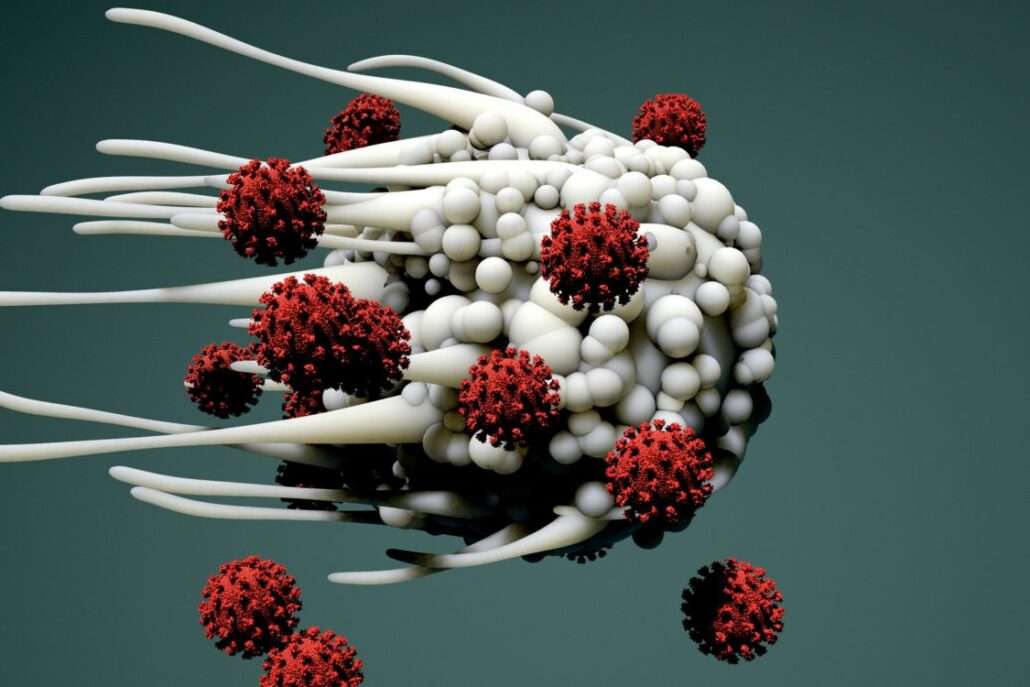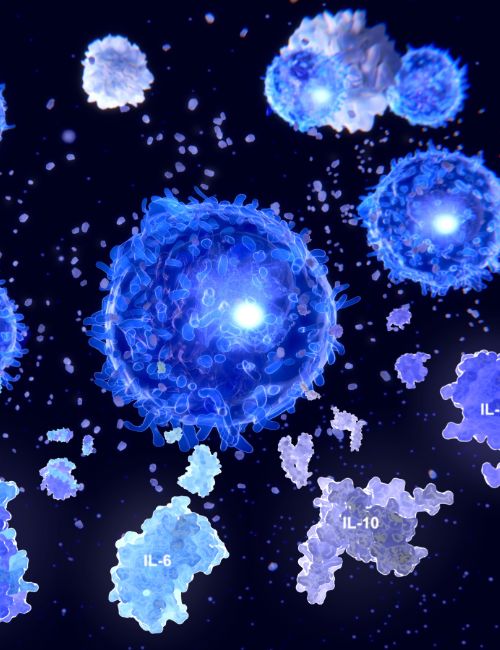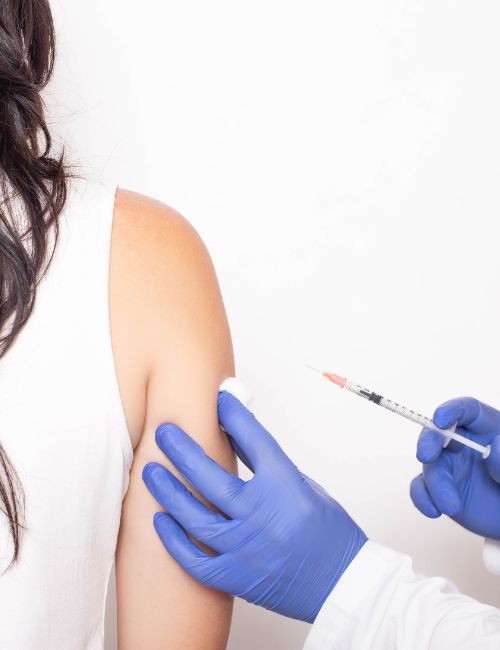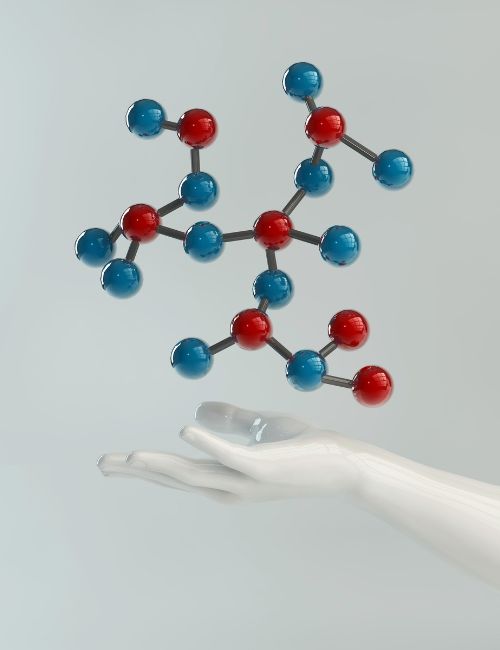Like all medical procedures, immunotherapy has some risks and potential complications.
Common side effects of immunotherapy include fatigue, flu-like symptoms, and skin rash.
In some cases, immunotherapy may cause more serious side effects, such as lung inflammation, liver damage, or kidney problems.




